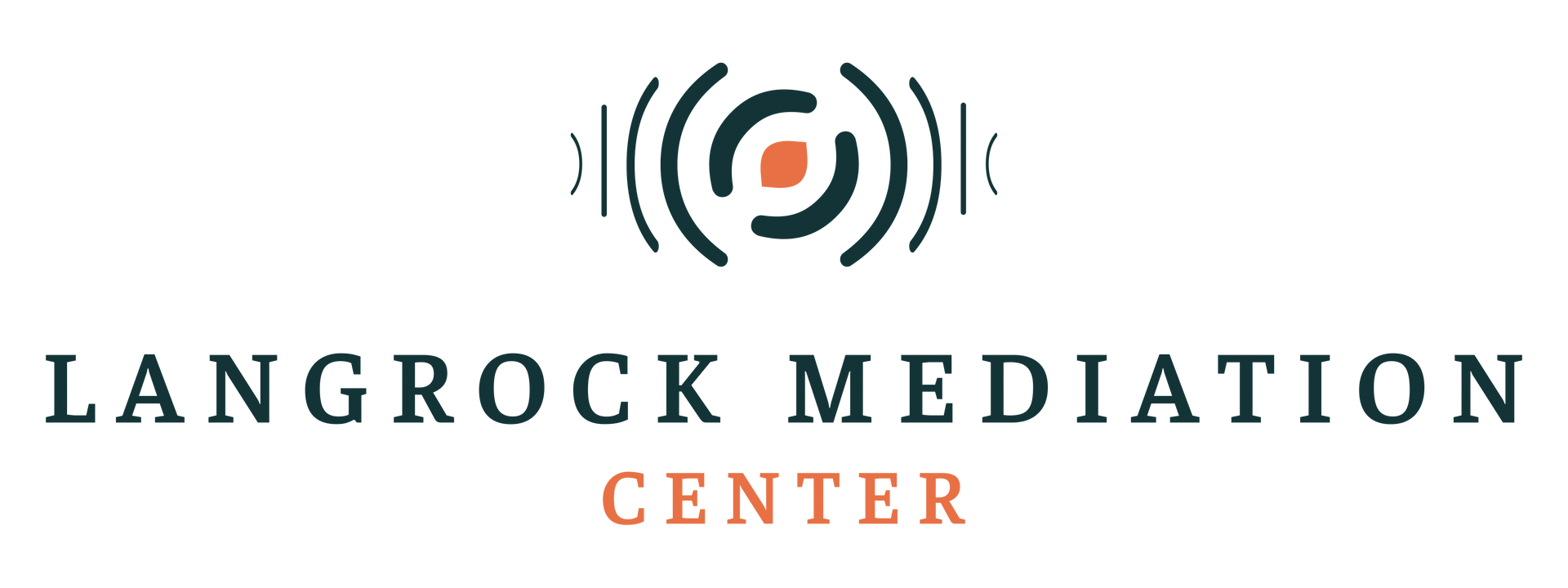Why Mediation is a Better Option Than Litigation for Resolving Disputes
Disputes are a natural part of human interaction, whether they arise in personal relationships, businesses, or legal matters. The question is not if disputes will happen, but how they will be resolved. Traditionally, many people turn to litigation, a process in which a judge or jury renders a decision after lengthy court proceedings. However, mediation has emerged as a preferred alternative for many.
Below are just a few of the many reasons why.
Cost-Effective
Litigation is notoriously expensive. Court fees, attorney fees, and other associated costs can quickly add up. These expenses often make litigation out of reach for many individuals and small businesses. Mediation, on the other hand, tends to be far more affordable.
In mediation, the process is generally quicker, and the cost of hiring a mediator is significantly less than the legal fees associated with prolonged litigation. Even in more complex cases, the costs associated with mediation are usually a fraction of what you would spend going to court. This allows both parties to save valuable financial resources.
Faster Resolution
Litigation can take years. The process involves multiple stages, including pre-trial discovery, motion hearings, and, ultimately, the trial itself. Delays are common, and the backlog in many court systems can lead to even longer wait times.
Mediation, on the other hand, offers a much quicker path to resolution. Sessions can be scheduled based on the availability of the parties involved, and the dispute can be resolved in weeks or even days. For individuals or businesses who need a swift resolution to their disputes, mediation is the obvious choice.
More Control Over the Outcome
One of the most significant drawbacks of litigation is the lack of control over the outcome. Once a case goes to court, the final decision is in the hands of a judge or jury. This introduces a level of unpredictability, as judges and juries can interpret facts and laws in unexpected ways. In mediation, both parties have far greater control over the outcome. Mediation is a collaborative process, where the mediator helps facilitate a discussion between the parties to reach a mutually agreeable solution. Because both parties must consent to the agreement, the result is more likely to satisfy everyone involved. This empowerment can reduce the emotional stress of the dispute resolution process and lead to more creative, flexible solutions that meet the needs of both parties.
Confidentiality
Court cases are a matter of public record, meaning that the details of a dispute, including sensitive personal or business information, may become available to the public. For many individuals and companies, this lack of privacy is undesirable and can even lead to reputational damage. Mediation, by contrast, is a private and confidential process. The discussions and agreements made during mediation are kept between the parties involved. This allows for open, honest communication without fear of public scrutiny. Confidentiality is particularly beneficial in cases involving personal disputes, family matters, or sensitive business dealings.
Preserving Relationships
Litigation is inherently adversarial. It pits one party against the other, often leading to an escalation of the conflict. Even after the case is resolved, the relationship between the parties is frequently irreparably damaged. This is particularly problematic in disputes where maintaining a relationship is essential, such as family matters, business partnerships, or community disputes.
Mediation, on the other hand, emphasizes cooperation and understanding. The process encourages both parties to communicate openly and to work together to find a solution. This collaborative approach can help preserve and even improve relationships, making it possible to continue working together in the future. For example, in family law cases involving co-parenting or business disputes where future interactions are inevitable, mediation offers a way to resolve conflicts without burning bridges.
Flexibility and Creativity
In court, the resolution is usually based on legal principles and precedents, which can sometimes feel rigid and impersonal. The court is limited in what it can offer as a solution, often leaving one party feeling dissatisfied with the result.
Mediation, however, allows for more flexibility and creativity in crafting solutions. Since both parties are involved in creating the agreement, they can propose and accept terms that may not be available through litigation. This flexibility can lead to outcomes that are more tailored to the specific needs and interests of both parties.
Reducing Stress and Emotional Toll
Legal disputes are stressful, and the adversarial nature of litigation often increases that stress. Court proceedings can feel combative, and the long, drawn-out process can take an emotional toll on everyone involved.
Mediation provides a more relaxed, cooperative atmosphere where both parties are encouraged to work together. The mediator’s role is to facilitate a productive conversation, helping both sides express their concerns and identify solutions. This reduces the emotional strain and helps the parties focus on finding a resolution rather than dwelling on the conflict.
Choose Mediation with Langrock Mediation
At Langrock Mediation, we understand that disputes are difficult, but resolving them doesn’t have to be. Mediation offers a quicker, more affordable, and less stressful alternative to litigation. With a focus on collaboration and mutual understanding, mediation empowers both parties to reach a solution that works for everyone involved. Contact Langrock Mediation today to learn more about how we can help you resolve your disputes and reach a fair and effective resolution.



